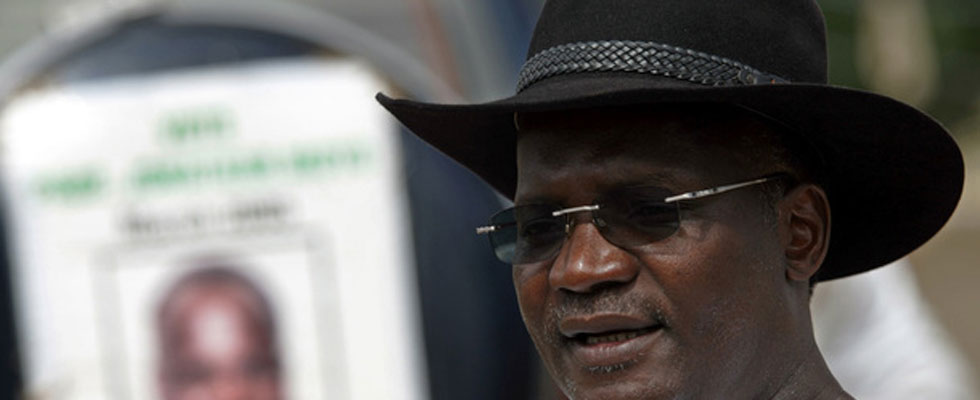
INFORMATION, Media and Broadcasting Services minister Jonathan Moyo yesterday filed a Supreme Court application challenging a High Court ruling that dismissed his petition on the Tsholotsho North National Assembly election results.
SILAS NKALA STAFF REPORTER
Moyo lost the 2013 parliamentary polls to Roselyn Nkomo of the MDC-T, but rejected the outcome citing alleged irregularities.
However, Bulawayo High Court judge Justice Martin Makonese sitting in the Electoral Court dismissed the petition on January 30 this year.
Yesterday, Moyo’s lawyer Terrence Hussein filed an application challenging the High Court ruling before the Supreme Court bench of judges Justice Elizabeth Gwaunza, Justice Antonia Guvava and Justice Paddington Garwe during a Supreme Court Circuit sitting in Bulawayo.
In his heads of argument, Moyo stated that his petition was dismissed at the start on papers without going into a trial for want of form and particularity.
“The appellant’s appeal should for the following reasons be allowed,” Hussein said.
“Dismissal of petition in limine (at the start) without a trial is ultra vires (beyond the powers of) the Electoral Court.
- Chamisa under fire over US$120K donation
- Mavhunga puts DeMbare into Chibuku quarterfinals
- Pension funds bet on Cabora Bassa oilfields
- Councils defy govt fire tender directive
Keep Reading
The Electoral Act prescribes the procedure for an election petition. It clearly stipulates in peremptory that Section 171 (1) an election petition shall be tried by the Electoral Court in open court. At the conclusion of the trial of an election petition, the Electoral Court shall determine whether the respondent was duly elected or whether any, and if so what, person other than the respondent was or is entitled to be declared duly elected.”
Hussein said in a dramatic departure from the sections stated the court a quo inter alia declared in the result, the respondent’s preliminary points sustained and dismissed Moyo’s application with costs, declaring Nkomo a duly elected member of the National Assembly for Tsholotsho North constituency.
“The order could only be competently made at the conclusion of trial of an election petition in terms of Section 171 (3) of the Act. It will be seen that no trial ever commenced or was concluded,” Hussein submitted.
He submitted that the court erred at law in finding that the form of petition adopted by Moyo was not in compliance with the Electoral Act and regulations.
Hussein pleaded with the bench to ensure that the matter be referred back to the Electoral Court before a different judge.
Nkomo’s lawyer Tendai Biti filed an opposing application saying: “It is submitted that the word trial should not be restricted to the forum where viva voce (verbal) evidence is only produced or adduced. The net effect of the appellant’s submissions would be to render all legal formalities, especially pleas and compliance with the rules, totally unnecessary.
“The literal meaning being given to Section 171 is that parties should simply be heard in a trial here viva voce evidence will be led. Anything else, according to the appellant, would amount to a breach of Section 171 of the Electoral Act — with great respect a very absurd position.”
Biti said when a matter is dismissed or where one of the parties falls by the wayside as a result of a technical hurdle, he or she cannot claim that he has not had a day in court and that a trial was not held.
Moyo lodged a complaint with the Zimbabwe Electoral Commission soon after election results were announced in August last year. He also unsuccessfully sought a recount of the votes citing numerous alleged anomalies in the process.











